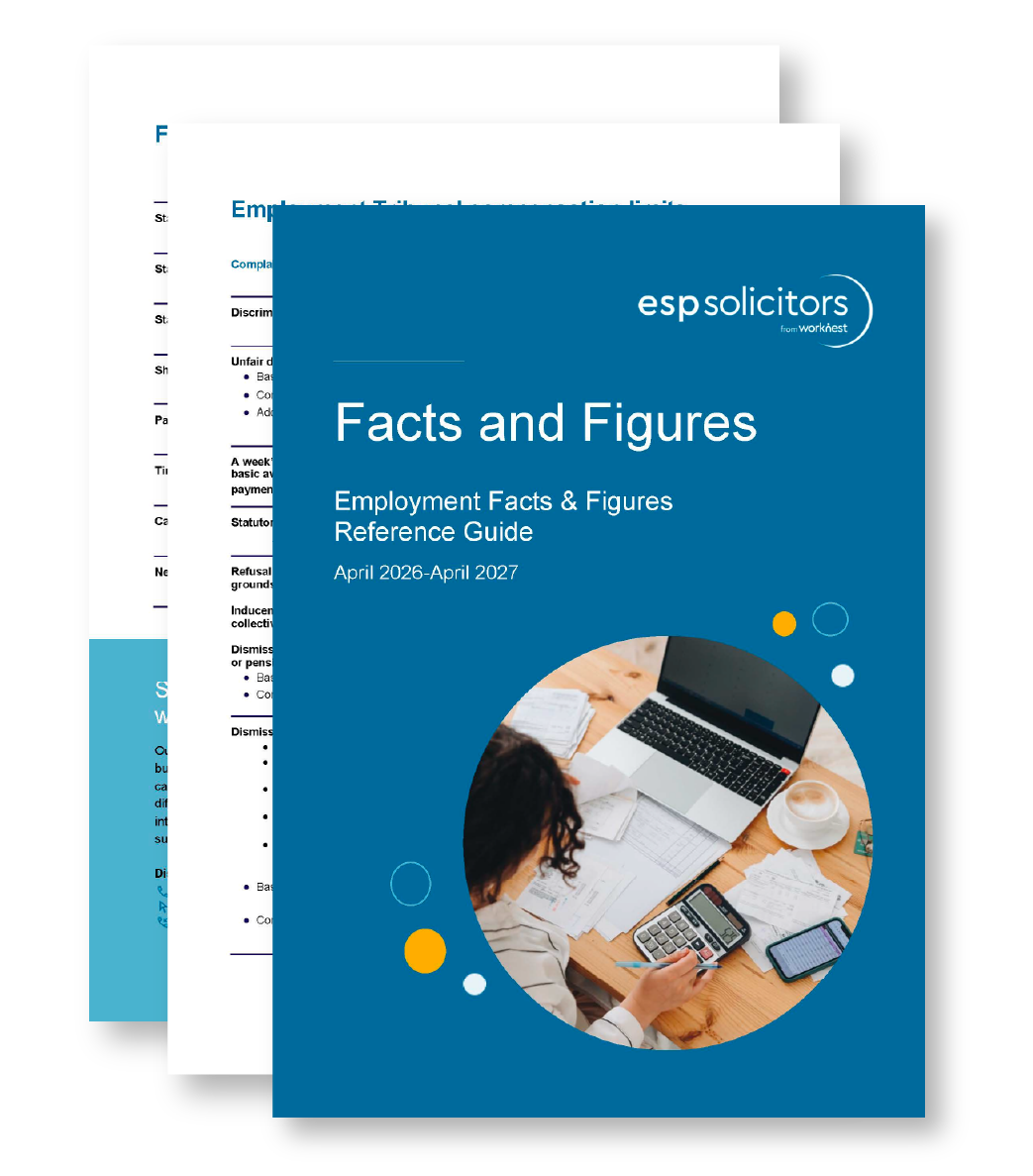Performance management is a critical employee relations process that allows managers to evaluate employee performance and identify areas for development. However, at times, the process may not go as smoothly as planned, and employees may feel that they are being unfairly targeted by their manager. This can result in unexpected grievances that need to be addressed.
Reasons for grievances during performance management
Several reasons can lead to negative employee reactions during the performance management process. Employees may perceive the process as overly critical and judgemental, solely focusing on their weaknesses and areas for improvement. This can result in defensiveness and resentment.
Additionally, employees may feel that their manager doesn’t fully understand their role or contribution to the organisation, leading to a sense of undervaluation and being overlooked. They may also feel unsupported, lacking the necessary resources to perform their job well, which can cause frustration and indignation.
All of these factors can contribute to a negative response to the performance management process and the emergence of grievances.
It’s crucial for managers to recognise that employees raising grievances during the performance management process is not uncommon and should be expected. However, handling this curveball can be difficult, so how should managers respond if faced with this scenario?
How to handle employee grievances raised during performance management
When grievances arise during the performance management process, it’s important for managers to take the right steps to handle them effectively. The first step is to understand the nature of the grievance.
- If the nature of the grievance relates to the fact of starting a formal management process, because the employee doesn’t agree that they are underperforming, managers should deal with it as part of the performance management discussions. Evidence will be important for resolving disputes of this kind.
- If the grievance relates to the manager’s motivation for starting the process, such as allegations of bullying or racism, a separate manager may need to be appointed to hear the grievance first, and the performance management process put on hold.
- If the grievance is unrelated to the performance management process, it can be heard at the same time and this can run alongside the performance management meetings.
In any case, if an employee raises a grievance during the performance management process, managers should remain calm and objective. They should listen to the employee to understand the nature of the grievance and take time to investigate the matter thoroughly to resolve the situation and sure that the performance management process runs smoothly in the future.
If necessary, managers should seek professional HR and employment law advice to ensure the situation is handled in the best way possible, reducing the risk of employees going off on long-term sickness absence due to stress. Mismanaging the situation could also lead to allegations of unfairness in the performance management process, escalating to claims of unfair dismissal.
Organisations should also make it clear in their grievance policy that the process should not be misused to complain about reasonable actions taken under a performance management procedure. This will prevent employees from raising a tactical grievance and ensure that the process is used for legitimate complaints only.
Dealing with grievances from younger employees
There is a suggestion that younger generations are more susceptible to ‘hypersensitivity’ – being triggered and reacting negatively to criticism and feedback.
Studies show that Gen Z and Millennials have a lower tolerance for bullying and difficult conversations in general. They may experience adverse reactions to aggression and tension, and they tend to feel overwhelmed more frequently.
Some experts believe that a fear of failure and a need for parental validation, which are prevalent among younger generations, can lead to fragile self-esteem. This, in turn, makes them more sensitive and less receptive to criticism or feedback.
It is important for managers to be aware of this sensitivity, particularly among younger employees, and approach performance management issues and grievances with empathy and understanding. By actively listening to employees and acknowledging their feelings, managers can work with them to identify the root cause of grievances and explore potential solutions. It is also crucial to acknowledge employees’ strengths and achievements while providing clear and constructive feedback on their performance.
Taking a supportive approach and providing feedback in a constructive manner can help alleviate the stress and anxiety that younger generations may experience during the performance management process, leading to better outcomes for both the employee and the organisation.
Avoiding costly mistakes with specialist support
esphr’s support makes grievances much easier to manage and minimises the risk of costly mistakes.
Our employment law experts are here to help you navigate every stage of the process (and any difficult issues that might arise) and can provide you with any factsheets or template documents you and your team might need along the way.



